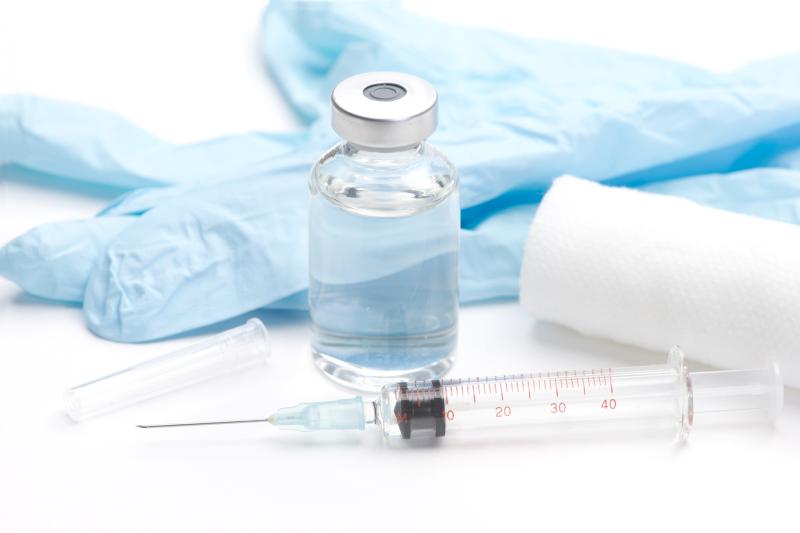
Long-term therapy with biannual infusions of rituximab over 18 months, compared with standard maintenance therapy, results in a lower incidence of antineutrophil cytoplasmic antibody-associated vasculitis (AAV) relapse, a study has shown.
This randomized controlled trial was carried out in 39 clinical centres in France. The investigators identified 69 patients with granulomatosis with polyangiitis (GPA) and 29 with microscopic polyangiitis (MPA) who achieved complete remission after the first phase of maintenance therapy.
From March 2015 to April 2016, 97 patients (mean age, 63.9 years; 35 percent women) were randomly assigned to receive either rituximab (n=50) or placebo infusion (n=47) every 6 months for 18 months (four infusions).
At month 28, relapse-free survival estimates stood at 96 percent (95 percent confidence interval [CI], 91–100) in the rituximab group and 74 percent (95 percent CI, 63–88) in the placebo group, with an absolute difference of 22 percent (95 percent CI, 9–36) and a hazard ratio of 7.5 (95 percent CI, 1.67–33.7; p=0.008). Major relapse-free survival estimates were 100 percent (95 percent CI, 93–100) vs 87 percent (95 percent CI, 78–97 percent), respectively (p=0.009).
At least one serious adverse event (SAE) was reported in 12 patients (24 percent) in the rituximab group (with nine infectious SAEs occurring among six patients) and in 14 patients (30 percent) in the placebo group (with six infectious SAEs developing among four patients). Of note, none of the patients died in either group.
This study was limited by potential selection bias based on previous rituximab response and tolerance, according to the investigators.